With energy prices on the rise and this summer being particularly rough in a lot of places, energy costs feel too oppressive to handle. Rising fuel prices along with inflation have caused utilities to surge. And as warm weather comes, monthly bills on home cooling tend to soar along with the temperature.
All too many people believe that their options are split between suffering in a hot home or blowing money by running the air conditioner constantly, but that’s simply not true. In fact, we’ve got 10 must-know hacks to save money on utility bills this summer to prove that.
1. Weatherproof Home
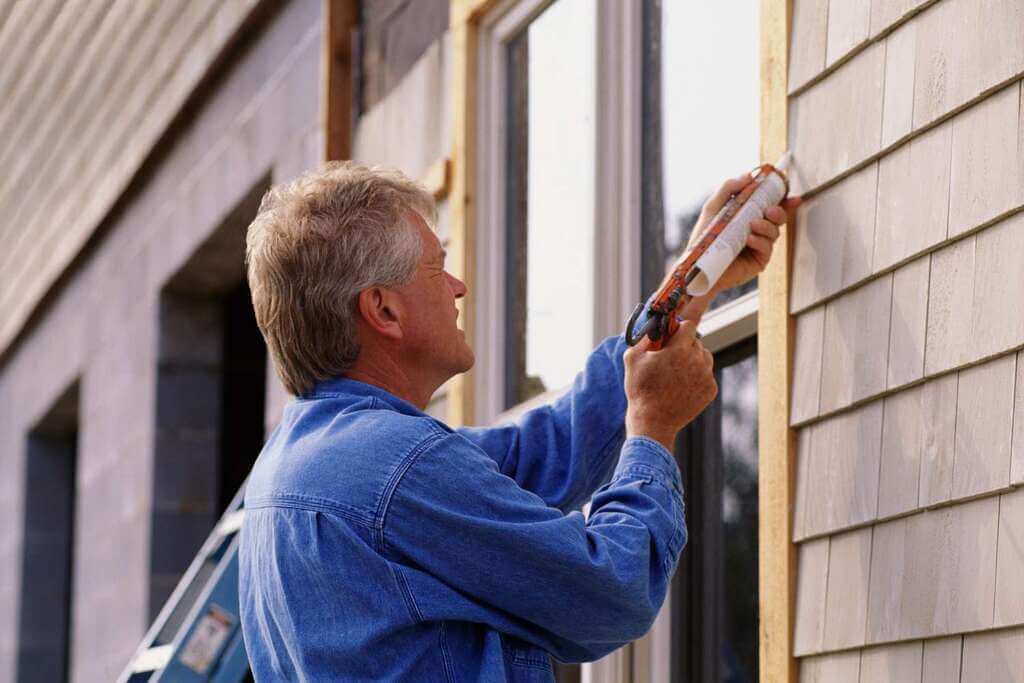
Oftentimes, the reason why you have to turn your thermostat up so high is simply because your home is not airtight. Air leaks can cause warm outdoor air to seep and precious cooled air to escape out.
The two most common methods are to either seal your window and door or replace them as needed. This may be more valuable if you have older windows and doors. To pinpoint air leaks, all you need is a lighter or candle. Hold it near likely sources of leaks such as window sills and door frames. Window gaskets and rubber seals tend to dry up and crack over time, causing minuscule cracks through which air can go in.
You may also be able to get financial assistance to weatherproof your home depending on where you live and your income level, such as receiving a tax credit for making your windows more energy efficient.
2. Check Water Heater Temperature
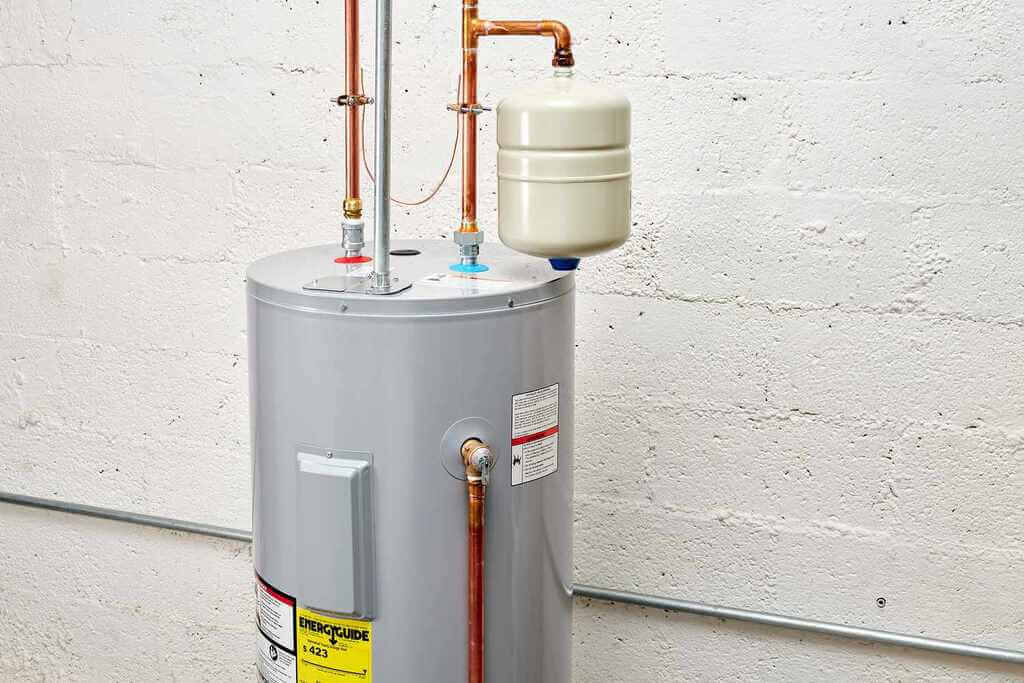
Water heaters tend to run higher than most households need them to. If you check yours, you might see that it’s set at 140F (60C), when in reality, you could probably do just fine at 120F (48.8C). The savings potential is rather significant, possibly saving you hundreds of dollars every year. All you need to do is adjust it with the dial, though refer to the user manual before doing so.
3. Keep Air Filters Clean
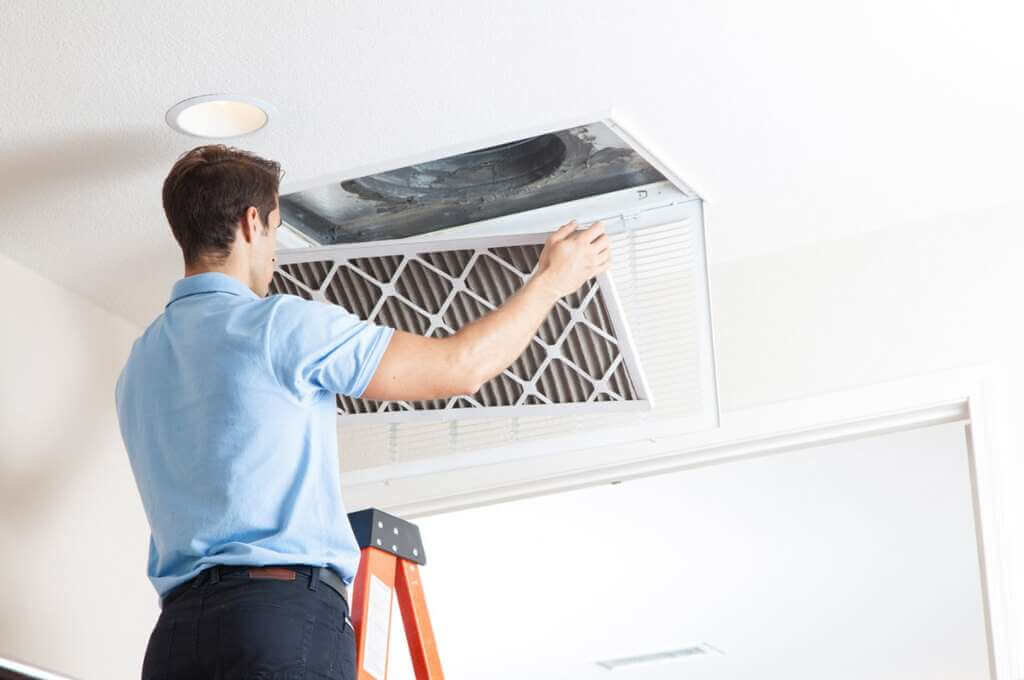
A common cause of higher cooling bills is dirty air filters. A clogged air filter causes air conditioners to be less efficient and shortens their operational lifespan.
Like most household items, air filters need to be cleaned, if they aren’t, the buildup will eventually prevent your HVAC system from running at peak capacity. It’ll still use pretty much the same amount of energy, but you’ll either need to suffer with less cooling or lower the temperature further to chase warmth. Worse, if you don’t clean your air filters regularly – usually every 1-3 months – it can actually affect your HVAC system, making its energy consumption 5 to 15 percent less efficient, according to the Department of Energy.
4. Consider an Alternate HVAC System
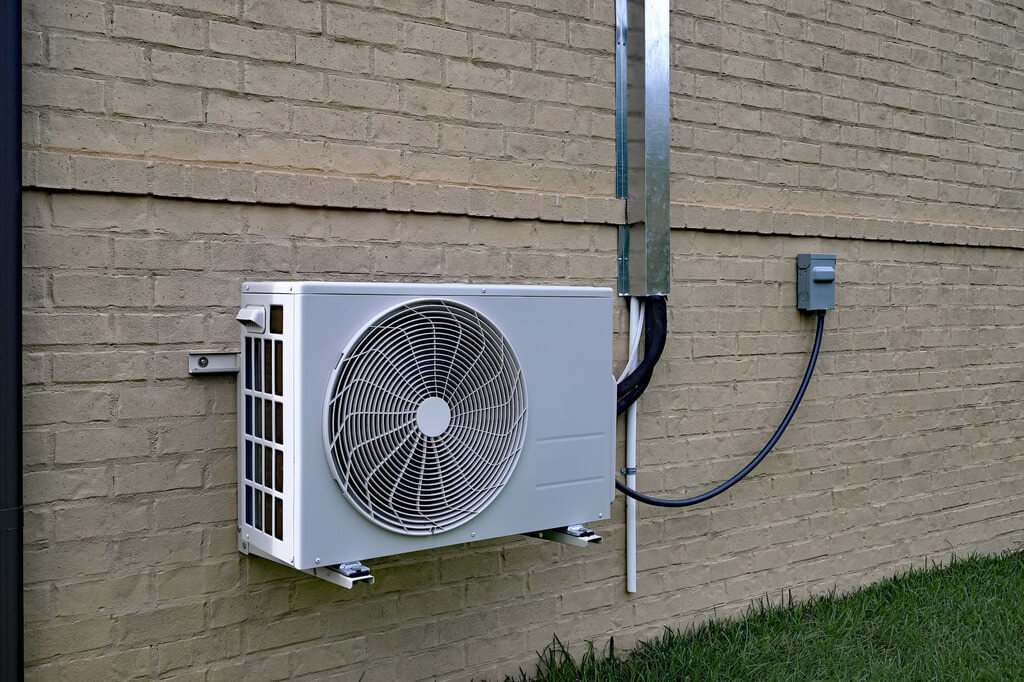
Now, this is not one that you can necessarily do willingly, especially considering how expensive it can be depending on the system used and the system desired. However, some HVAC systems are less efficient than others, and in the long run, changing to a more efficient one can save you a significant amount of money. But what is a good HVAC system to use?
One of the most efficient AC’s is the ductless mini split. According to the DOE, up to 40% of energy losses in AC systems are caused by the ducts. Since mini splits do not use ducting, they are highly efficient and easier to install for homes without ductwork installed.
5. Use a Smart Thermostat
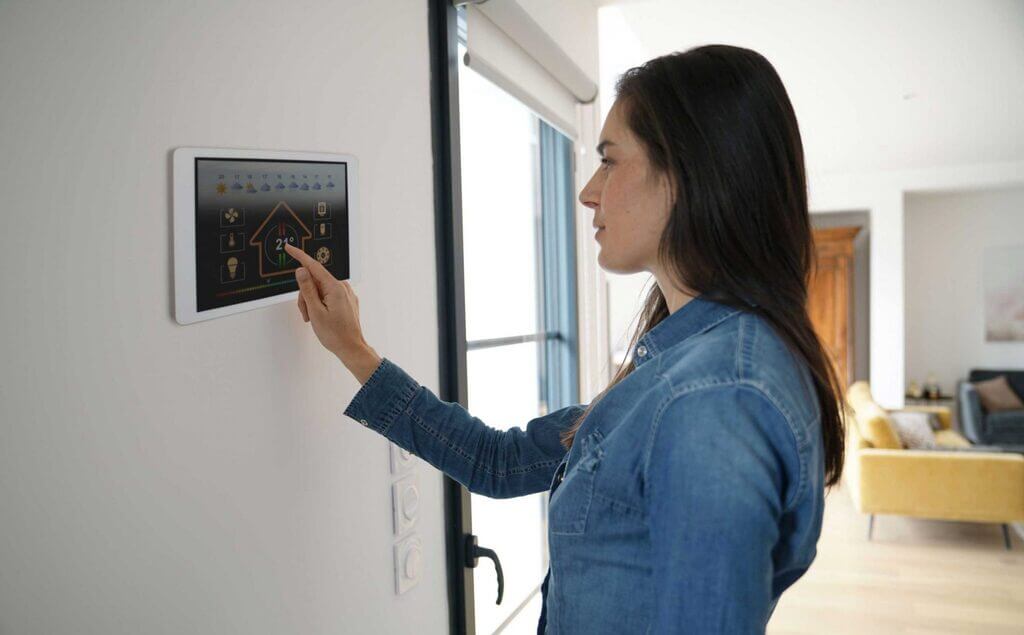
A smart thermostat system does a world of good for your energy bills, thanks to its customization and scheduling options. Most notably, many smart thermostats allow you to control them remotely, and can also be set to adjust based on the time of day. After all, it tends to be much warmer during the day than at night.
Which smart thermostat you go with will come down to preference, though more budget-priced ones will usually be of comparably low quality compared to the more expensive ones.
6. Be Mindful of What’s Using Power
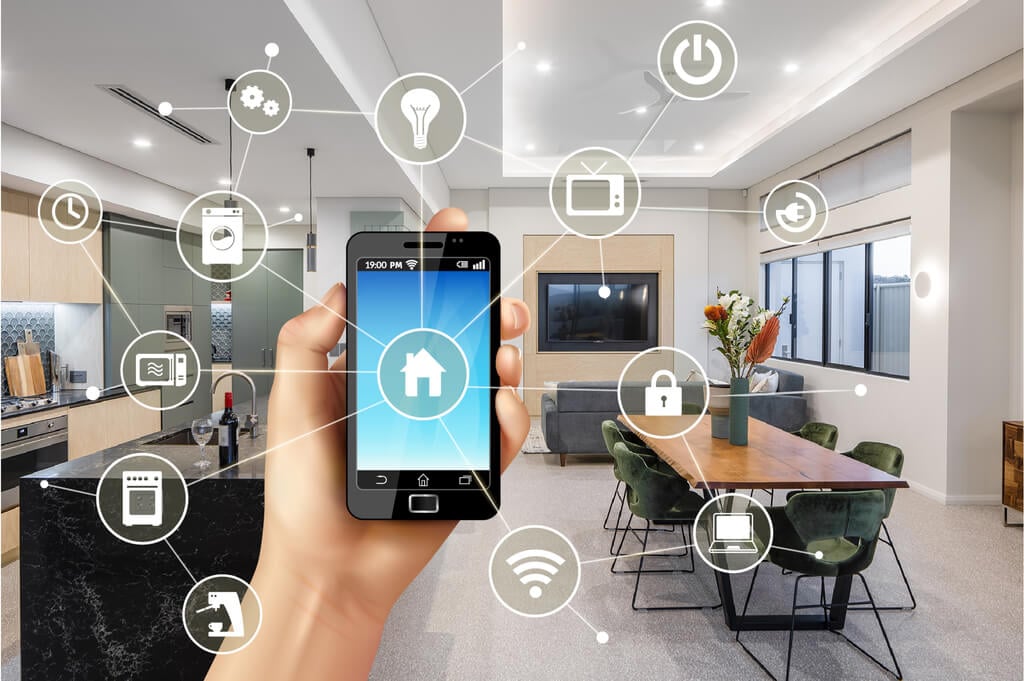
You’d be surprised by how many items in your house are passively using power even when you’re not using them, and how much you could save without them running. Some only use very little power while idling, while others can be pretty energy intensive.
There are multiple ways to deal with this. Devices that consume energy while idling a lot can be put on a surge protector that can be switched off, which, in turn, turns off everything plugged into the surge protector. Another option would be to buy a smart plug, which allows you to turn off power in the smart plug using an app or a smart home device. Some apps also allow you to schedule when these devices turn on and off.
7. Save Water with Your Dishwasher
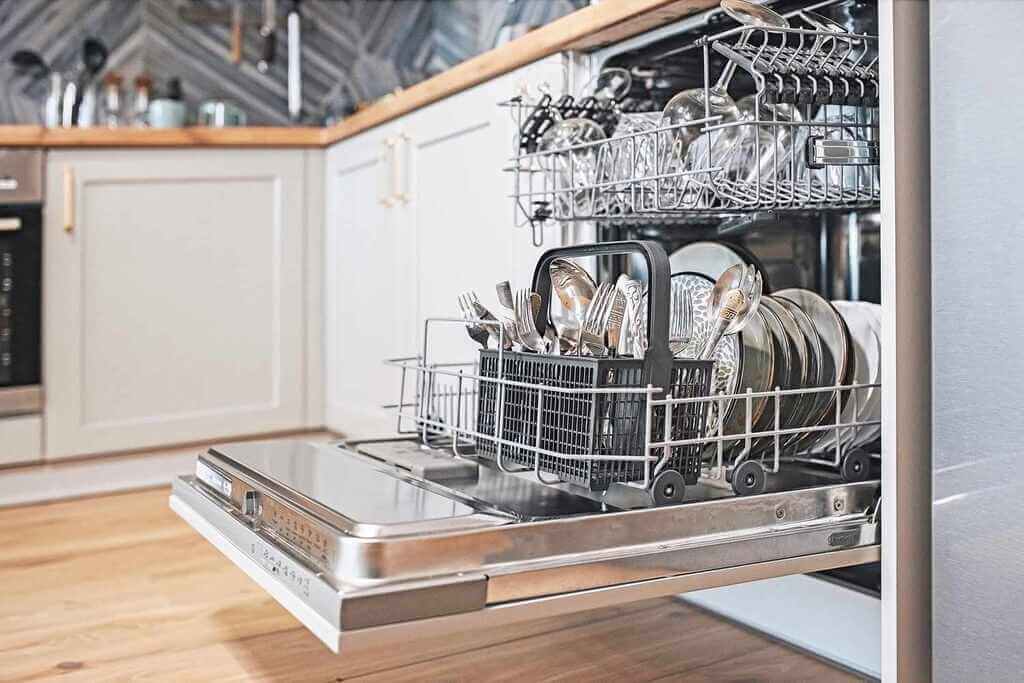
Believe it or not, it is actually more efficient to use a dishwasher than to wash your dishes by hand. This is because dishwashers are limited by regulations as far as how much water can be used in a run.
Normal-sized dishwashers can only use five gallons, while smaller ones can only use 3.5 gallons. Meanwhile, the average person uses 9-27 gallons of water in a dishwashing session.
8. Use Energy-Efficient Lightbulbs
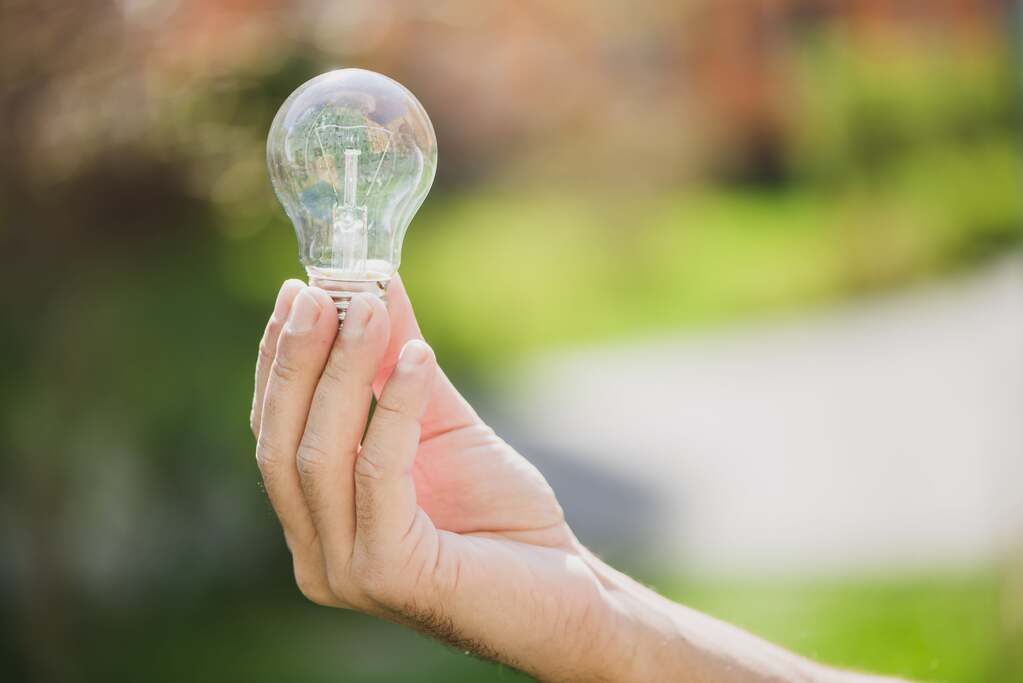
Newer, more energy-efficient lightbulbs are significantly more efficient than the more traditional ones. Energy Star-labeled LED light bulbs reduce energy use by at least 75 percent, and they also last up to 25 times longer than conventional incandescent bulbs. You will get years out of these LEd lights, so while they may be more expensive per bulb, you’ll need to replace them much less often.
9. Update Appliances

As time has gone by, appliance manufacturers have done a lot of work to improve them in various ways, including making them more efficient. Granted, it’s not the most affordable thing to do, but it’s a lot more manageable if you replace your appliances piece by piece instead of all at once. Thankfully, there’s also an easy way to tell if it’s an efficient appliance, as all you need to do is look for the Energy Star label on the appliance.
10. Make Sure Roof Is Properly Shingled
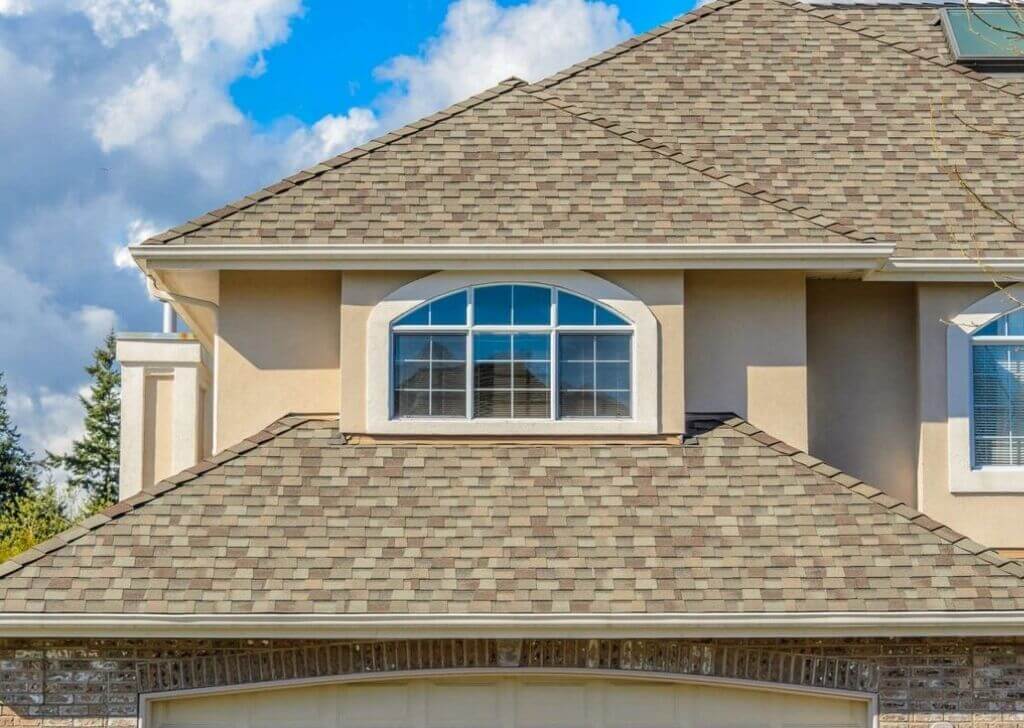
Shingles are an important thing to have on a house for a variety of reasons. While they are good at preventing rain from leaking into your house, they also make it more difficult for the elements to get into your home from above. Be sure to hire a professional roofer to do it if you aren’t able to do it yourself, however. Anything to do with your roof is a dangerous endeavor, after all.
Conclusion
By Implementing these tips you can easily save money on utility bills during summer! By putting energy-saving techniques into the effort you can reduce your environmental impact. So what are you waiting for start implementing these hacks and enjoy the benefit of it today!
For more information:

